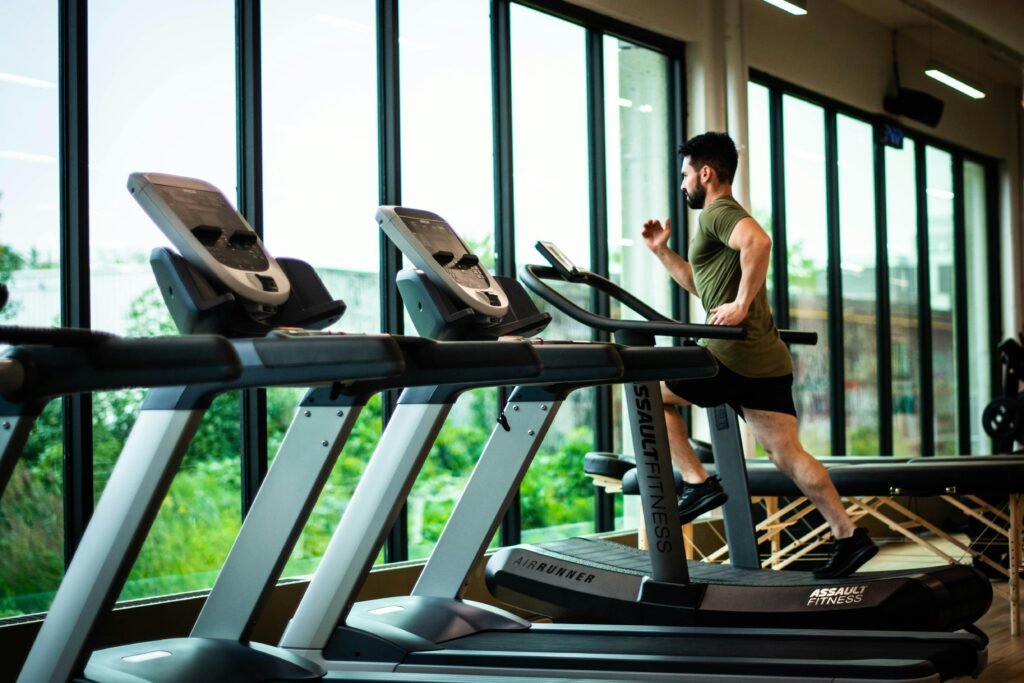How to Be Happy: 15 Most Common Habits of Truly Happy People
In our fast-paced world, finding genuine happiness can sometimes feel elusive. Yet, research consistently shows that happiness isn’t just about circumstances—it’s largely influenced by daily habits and mindsets that anyone can develop. This article explores 15 science-backed habits practiced by genuinely happy people, offering practical ways to bring more joy into your everyday life.
1. Practice Gratitude Daily

Happy people make gratitude a cornerstone of their lives. Taking just five minutes each day to write down three things you’re grateful for can significantly boost your happiness levels. This simple practice shifts your focus from what’s lacking to what’s abundant in your life.
2. Nurture Meaningful Relationships
The Harvard Study of Adult Development—one of the longest-running studies on happiness—found that good relationships are the strongest predictor of happiness and well-being. Happy people prioritize quality connections over quantity.
How to start: Schedule regular check-ins with loved ones, practice active listening, and be fully present during conversations rather than distracted by devices.
3. Exercise Regularly

Physical activity releases endorphins—natural mood lifters that create feelings of positivity and energy. Even moderate exercise like a 30-minute daily walk can significantly impact your happiness levels.
How to start: Find activities you genuinely enjoy rather than forcing yourself into a workout routine you dread. Dance, hike, swim, or cycle—movement that brings you joy is sustainable.
4. Get Adequate Sleep
Sleep deprivation directly impacts our mood regulation centers. Happy people maintain healthy sleep schedules, understanding that 7-9 hours of quality sleep is essential for emotional well-being.
How to start: Create a relaxing bedtime routine, limit screen time before bed, and make your bedroom a sleep sanctuary with comfortable bedding and minimal distractions.
5. Practice Mindfulness
Being fully present in the moment—without judgment or distraction—allows you to appreciate life more deeply. Happy people use mindfulness to reduce stress and increase their appreciation of everyday experiences.
How to start: Try a simple 5-minute daily meditation focusing on your breath, or practice mindful activities like mindful eating or walking.
6. Limit Social Media Consumption
Studies increasingly link excessive social media use with decreased happiness and increased feelings of inadequacy. Happy people set healthy boundaries around digital consumption.
How to start: Designate specific times for checking social media, remove notifications, and create phone-free zones or hours in your home.
7. Engage in Acts of Kindness
Doing something nice for others triggers a “helper’s high”—a release of endorphins that creates genuine feelings of happiness. Regular acts of kindness, both small and large, contribute to lasting well-being.
How to start: Aim for one intentional act of kindness daily, whether buying coffee for a stranger, volunteering monthly, or simply offering sincere compliments.
8. Spend Time in Nature
Nature exposure has been scientifically proven to reduce stress hormones and improve mood. Happy people make regular outdoor time a priority in their lives.
How to start: Take a 20-minute “nature pill” daily by walking in a local park, gardening, or simply sitting under a tree during lunch breaks.
9. Learn to Savor Positive Experiences
Happy people don’t just have positive experiences—they fully engage with them, extending and amplifying their positive emotions through savoring.
How to start: When something good happens, take a mental photograph, share the experience with others, or journal about it later to relive the positive feelings.
10. Set Meaningful Goals
Working toward meaningful objectives gives our lives purpose and direction. Happy people set goals aligned with their values rather than external expectations.
How to start: Identify what truly matters to you, then create small, achievable milestones toward larger aspirations. Celebrate progress along the way.
11. Practice Self-Compassion
Happy people treat themselves with the same kindness they would offer a good friend. They understand that imperfection is part of being human.
How to start: Notice your self-talk and challenge harsh inner criticism. Ask yourself, “What would I say to a friend in this situation?” and offer yourself the same compassion.
12. Find Your Flow State
When we’re completely absorbed in challenging but enjoyable activities, we experience “flow”—a state of optimal engagement that contributes significantly to happiness.
How to start: Identify activities where you lose track of time and regularly engage in them, whether playing music, cooking, gardening, or solving problems at work.
13. Practice Financial Mindfulness
Happy people have a balanced relationship with money, focusing on experiences rather than accumulating possessions and practicing gratitude for what they have.
How to start: Create a budget that aligns with your values, regularly set aside money for meaningful experiences, and practice mindful spending by asking “Will this truly add value to my life?”
14. Limit News Consumption
Constant exposure to negative news takes a toll on our mental health. Happy people stay informed without becoming overwhelmed by carefully curating their news intake.
How to start: Designate specific times for news updates rather than continuous checking, focus on solutions-oriented journalism, and balance negative news with positive content.
15. Embrace a Growth Mindset
Viewing challenges as opportunities for growth rather than threats helps build resilience. Happy people see setbacks as temporary and valuable learning experiences.
How to start: When facing difficulties, ask “What can I learn from this?” rather than “Why is this happening to me?” Keep a journal of lessons learned from challenging situations.
Conclusion
Happiness isn’t a destination to reach but a way of traveling through life. By incorporating these 15 habits into your daily routine, you’ll build a solid foundation for lasting well-being. Remember that sustainable happiness comes from consistent small actions rather than dramatic life changes.
The path to happiness is highly individual—experiment with these habits, adapt them to your unique circumstances, and be patient with the process. Even implementing just a few of these practices can significantly enhance your quality of life and overall sense of joy.
What happiness habit will you start practicing today?



